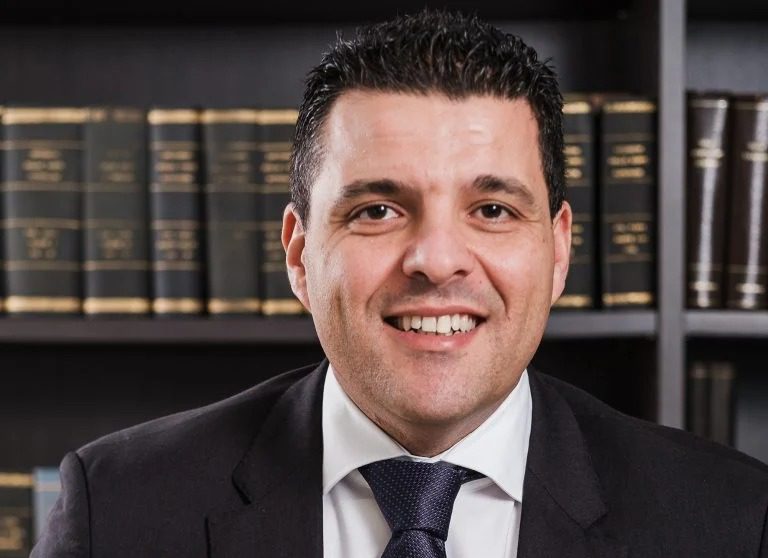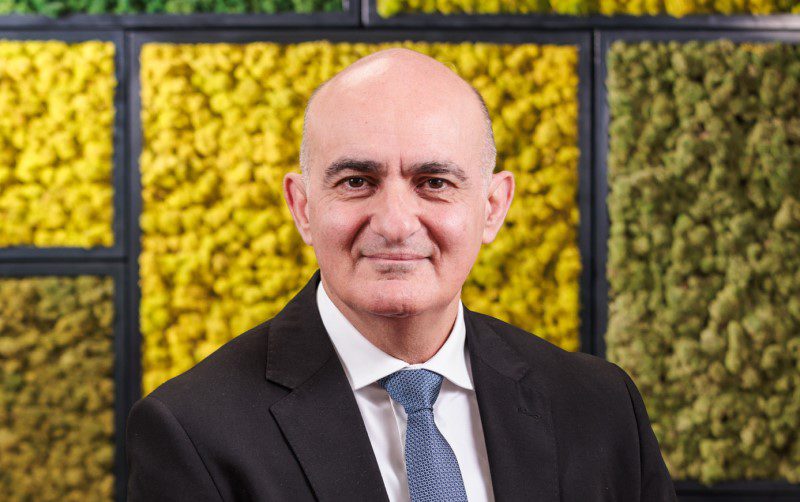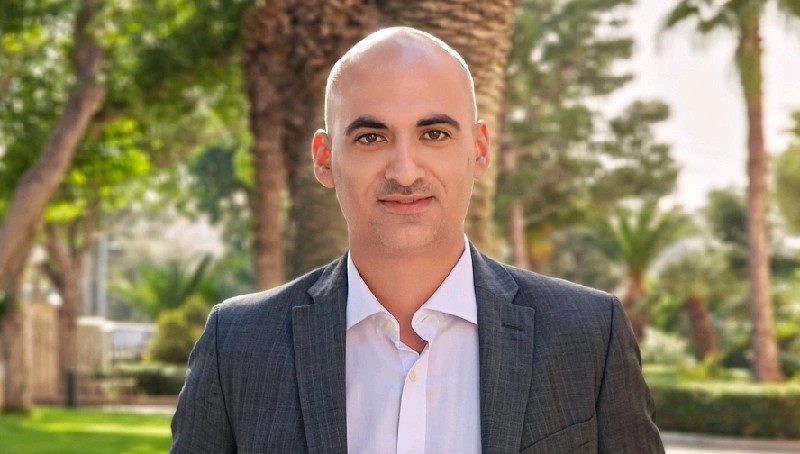Transitioning from a full-time job to self-employment is intriguing.
From being your own boss, to earning back all of the money you charge, there are countless advantages related to being self-employed.
Undoubtedly, the move also comes with some major stress points. Major points of consideration for anybody looking to shift to a self-employed position include assessing whether they are able to shift from a guaranteed, stable wage, to a situation that is more fluid.
This was one of the points that was touched on during a discussion between Ben Estates Franchise Owner and Manager Henry Zammit and Patrick DeBattista, a business advisory professional and a personal financial planner.
Taking from his experience in real estate, Mr Zammit said that one of the most frequently asked questions he receives from prospective professionals entering the industry is how they can become “independent” and make the shift to self-employment given that income is unstable.
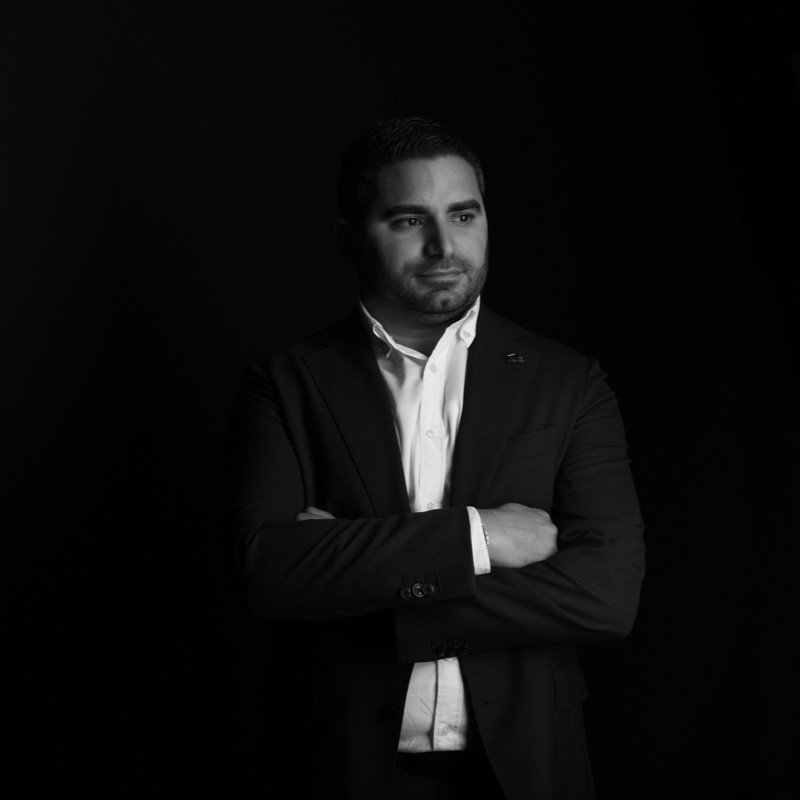
Mr DeBattista remarked that this is a “typical problem” that people transitioning from employment to self-employment face.
“In an industry such as real estate, the main issue is that your income would typically be unpredictable and variable, while your expenses would be fixed and typically predictable, which in itself could also be an advantage,” he continued.
He pointed out that an ideal way of preparing oneself for this shift is to create an emergency fund or a “rainy day fund”. This is an amount of money that is put aside to cover any unexpected expenses such as home and car maintenance.
“I would look at three to six months of my expenses per annum and set them aside in a high yield savings account and that would act as my rainy day fund in case things go bad,” Mr DeBattista said. Additionally, he remarked that one has to cater for any insurances that need to be paid every year and allocate a fund for that and any debt, mortgage, or home-related expenses such as rent. These expenses are “fixed” and “predictable”, making them a good starting point for budgeting.
Mr Zammit commented that one then has to start from being “committed to remain disciplined with themselves to live a life within the means of basic needs”, and then to start saving.
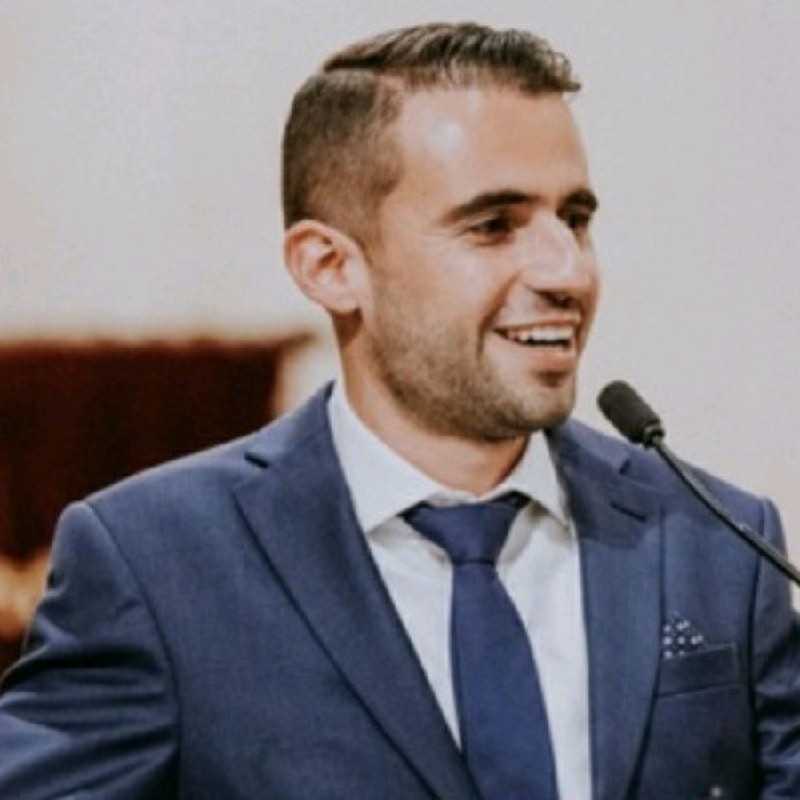
To best explain this, Mr DeBattista referred to the 50/30/20 rule, a budgeting technique that divides after-tax income into three distinct categories, with these being 50 per cent to needs, 30 per cent to wants, and 20 per cent to savings and debt payments.
Needs are those expenses that are necessary for survival and a basic wellbeing, such as housing, utilities, food, transportation, and healthcare, among other things. Wants are the main means of customising the budget, as these include expenses related to entertainment, such as dining out or personal hobbies. Lastly, the remaining amount should be directed towards savings and debt repayment.
Mr DeBattista explained that he would actually “flip” this rule through the “pay yourself first principle”. This principle is a finance strategy that has the goal of ensuring one has enough income saved or invested prior to paying any monthly expenses.
“The 20 per cent, which in my view should come first, would go into that rainy day fund”. It would be “allocated first” and then the rest of the income would then “flow into your needs and wants”.
Mr DeBattista is a Lecturer in financial management and management accounting and finance at Central Mediterranean Business School (CMBS), as well as a Visiting Lecturer at University of Malta. He is a Certified Public Accountant and a Chartered Financial Analyst with experience working in financial advisory services. He is also Founder of Finance4U, an online community which aims to provide people with access to financial knowledge.
Jean Chapelle Paleologo named new Frank Salt Real Estate Managing Director
He is highly experienced in sales and wealth management within the international financial services sector.
APS CEO anticipates improved performance in rest of 2024 after drop in first quarter pre-tax profit
During the first quarter of 2024, APS Bank reported €5 million in pre-tax profit, 63.5% lower than the same period ...
Aaron Bugeja promoted to Associate Director of Client Accounting at Vistra
He states that he is ‘eager to leverage strategic insights and drive financial excellence’ to Vistra’s clients.
Malta should explore state aid to ease freight costs, C-level logistics experts suggest
Retail Marketing Ltd CEO Jonathan Shaw believes Malta should join forces with other island nations that face similar logistical challenges.






